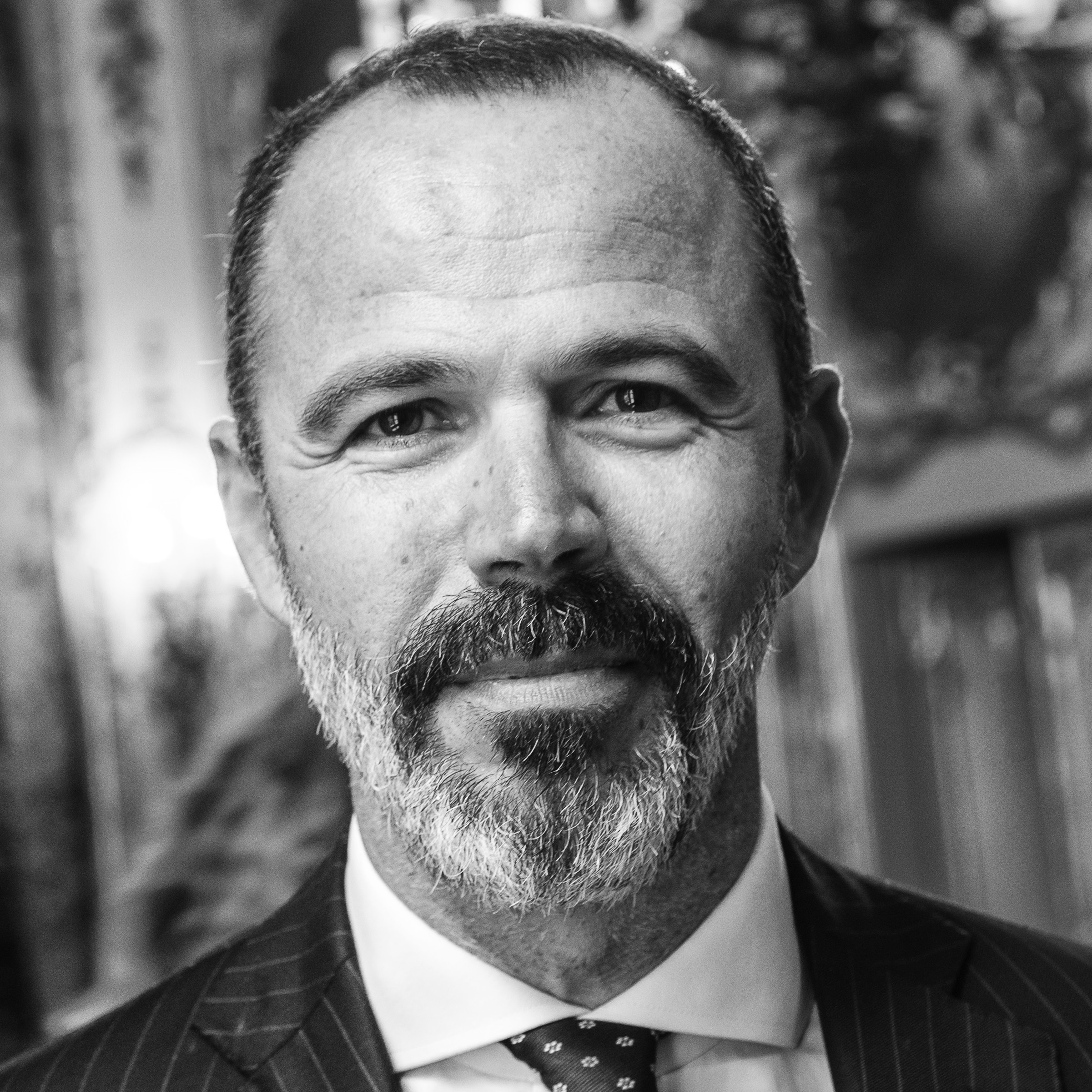How the pandemic changes the attitude of savers towards sustainable investments

The tenth edition of the SRI Week, the main event in Italy on sustainable finance, opened with a deepening of the new guidelines of savers, between health emergency and economic recovery. The opening conference presented results of the "Sustainable finance in times of crisis: the perception of savers", a survey carried out by the Forum for Sustainable Finance in collaboration with BVA Doxa.
A survey that has made it possible to analyze the evolution of the relationship of savers and investors with the world of sustainability, focusing on their perception, their method and, more generally, on the dynamics that have led the public to approach these types of subjects.
Analyzing the data from the research, it is visible how in recent years, the attention of savers and public opinion, initially focused mainly on environmental issues, has shifted towards social and governance matters, considering sustainability at a global level.
The health emergency and the consequent economic crisis have determined a significant evolution in the behaviour and habits of individuals and have triggered processes of change that are still underway.
Specifically, in the first months of the pandemic, in which everyone was taking measures within a fully changed context, the direct relationship with the networks was of fundamental importance to understand the reaction of savers.
We realized that people, regardless of the past, paid much more attention to health rather than money and that this would change the way people think about sustainable investments.
Suddenly the attention for the protection of the environment has dropped, shifting the priority towards safeguarding people. As I was able to underline during the conference, the fact of being conscious for many years that the planet was sick was not enough. It was necessary to acknowledge that we were getting sick on our turn to feel a greater impulse to be sustainable.
The pandemic has been the occasion to realize the negative effects of indiscriminately exploiting the natural environment. At this very moment, there has been a change in the mindset that has led us to two issues: At this very moment, a change in the mindset occurred that has led us to two issues: on the one hand, we understood that we are linked to one another and that what we do impacts others. On the other, we finally realized that our behaviours impact nature and come back to us.
In our quality of Asset Managers, we saw that the perception of savers has changed, leading to greater sensitivity for extra-financial results. In fact, within a banking group, the SGR company has a privileged observation point towards the networks, which allows it to collect customer reactions on the field.
At that moment, those who had already developed sustainable know-how managed to combine supply and demand, remembering that there is not only the E (Environmental) in the ESG acronym, but there are also S (Social) and G (Governance). It was of fundamental importance to use qualified and qualifying communication tools, which allowed distributors to seize the best investment opportunities in a context where market trends were no longer the main priority.
We are in a transition phase requiring a lot of investments: the new economic cycle and the recovery plan of the countries bring positive effects on the real economy that cannot overlook sustainability. The approach to sustainable investment, however, has changed from a philanthropic vision to a more realistic one. Even customers understood that companies paying attention to ESG factors will have higher growth prospects. A new economic cycle and the recovery plans of most of the countries of the planet will train the real economy strongly linked to the fields of innovation, energy renewal, infrastructure, health.
The topic of engagement has also evolved considerably following the health emergency. Engagement means actively monitoring companies through meetings, dialogue and knowledge. The above is another pre-existing topic that has changed over time, above all from two points of view: methods and times. As far as the method is concerned, in our quality of Asset Managers, as always, we investigate over results, plans and strategies. We are currently witnessing a deep shift in investigating everything that is ESG. With this in mind, the issue of transparency and accountability is crucial not only for managers but for institutions as well. As for the timing, we need to think again about what happened with the pandemic. Thanks to the change in behaviour and the digitization of channels, engagement has become daily, with the possibility of meeting more frequently and with a more open discussion.
We can say that this particular period has accelerated contamination between the sensitivities of different generations, helping to spread greater awareness for more sustainable action.
